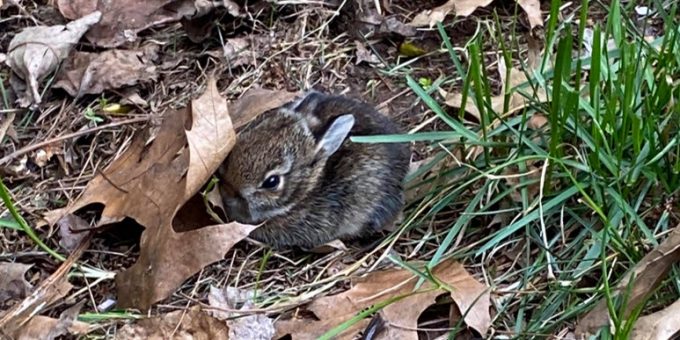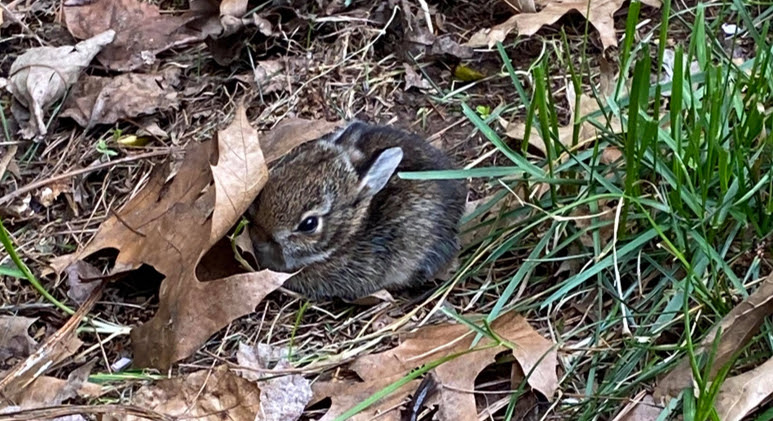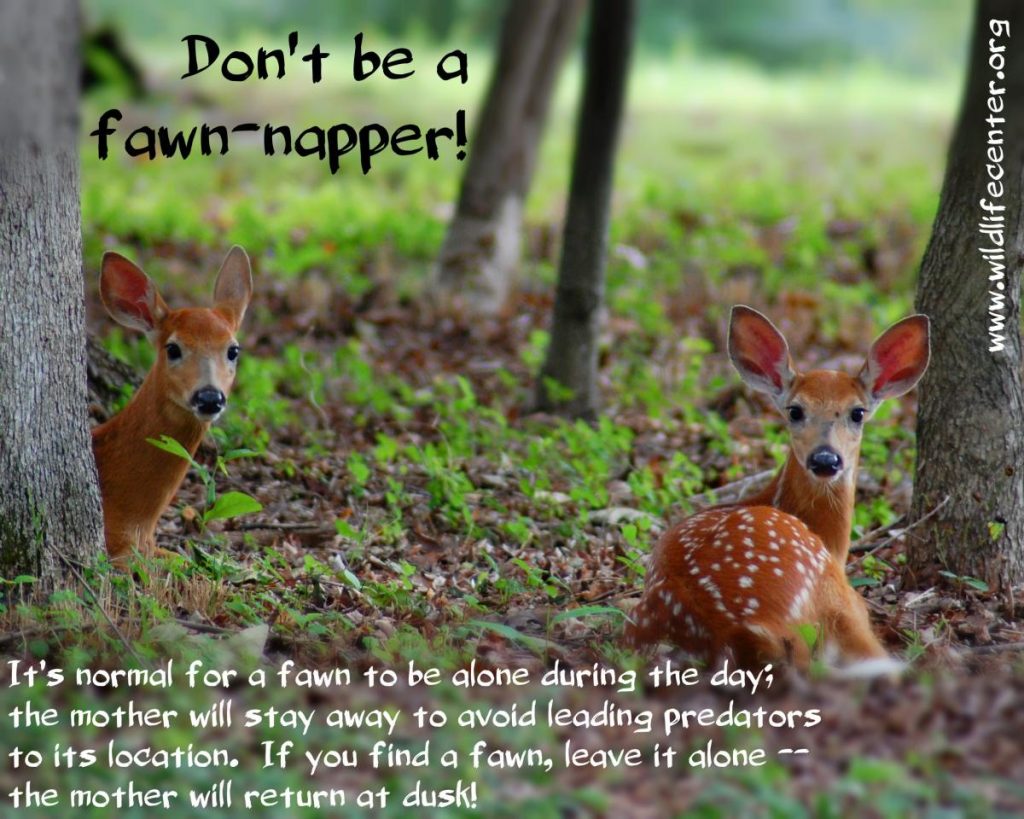
UNDATED – Spring is fast approaching, and soon young wildlife will be noticeable statewide.

If you find young wildlife, remember:
- Adult animals rarely abandon their young. The parent may be out searching for food. Leaving young unattended is normal for many species.
- Do not hover to see if a parent comes back. Give the baby animal space and only check back periodically. Adult animals will not return if a person is standing nearby.
- Young wildlife should not be handled. They can carry diseases or parasites and are capable of inflicting damage by biting or scratching. Human scent can also alert predators to a young animal’s presence.
Before acting, ask:
- Has sufficient time passed without an adult animal nearby? The adult animal will not return with a person nearby.
- Does the animal really need help? Most young animals that seem abandoned do NOT need help.
- Did I witness the adult animal get killed?
- Does the animal have obvious signs of disease or injury?
- Will I help or harm this animal?
The best care and chance of survival is always with the young animal’s mother.

While rescuing young wildlife is legal, keeping them is not. Truly orphaned or injured wild animals must be given to a permitted wildlife rehabilitator within 24 hours to maximize their chance of survival.
The Department of Natural Resources does not provide services for orphaned or injured wildlife. If necessary, you can reach out to a permitted wildlife rehabilitator or allow nature to take its course. Permitted wildlife rehabilitators make the final decision on their ability to provide assistance. The goal of wildlife rehabilitation is to release wildlife back into the wild.
Most animals found in the wild are regulated by the DNR. Never compromise personal safety to help wildlife.
You can find a list of permitted rehabilitators on the DNR website. Wild animal rehabilitation permits are issued to qualified individuals who take in sick, injured, or orphaned wild animals with the intent of releasing them back into the wild.
Helpful Links
- Permitted Wildlife Rehabilitators
- District Wildlife Biologists
- Wildlife Control Operators
- Waterfowl Control Operators
- Permit Information
- Sick or Dead Wildlife
- Wildlife Diseases
- Living with Wildlife
For more information, contact the Division of Fish & Wildlife at 317-232-4200 or dfw@dnr.IN.gov. If you need a wild animal control permit, contact the DNR Permit Coordinator at 317-232-4102 or find permit information here.



